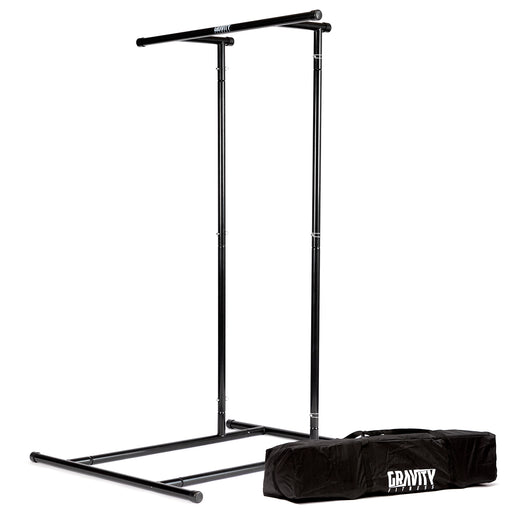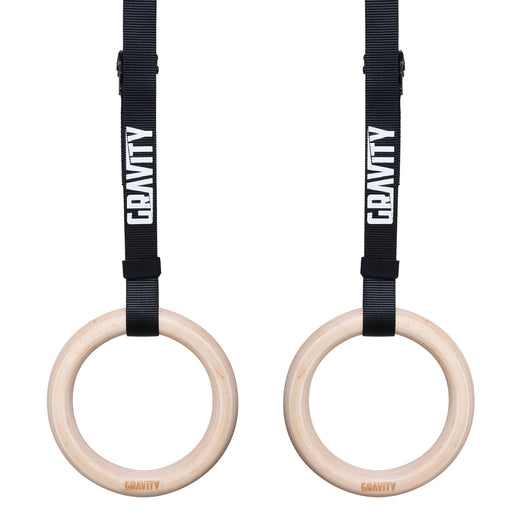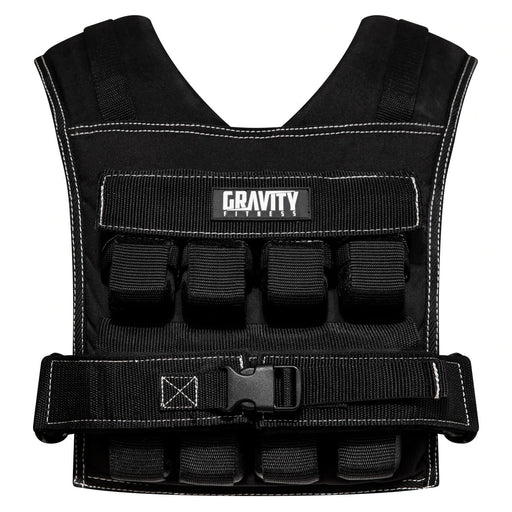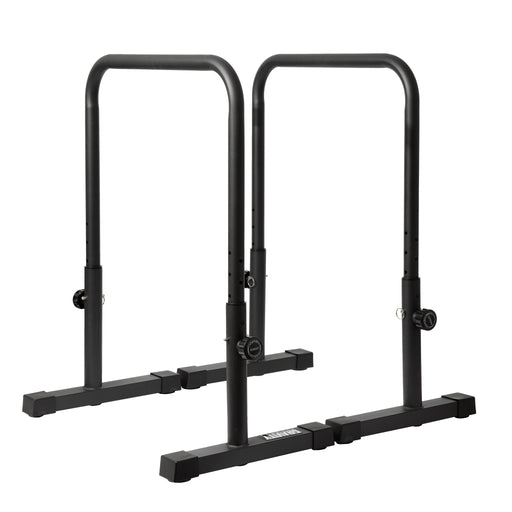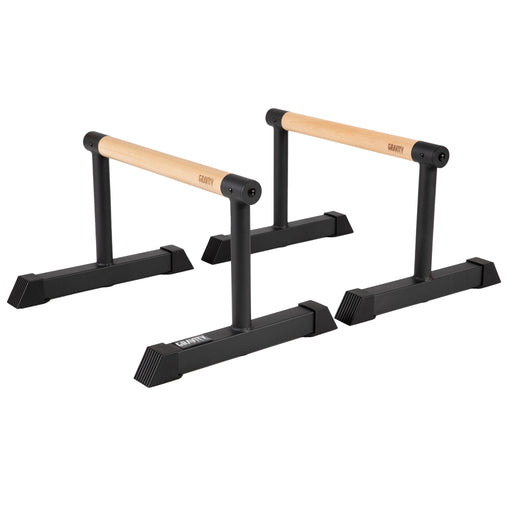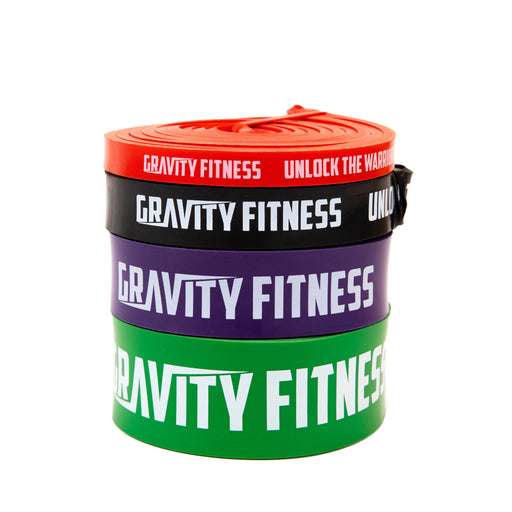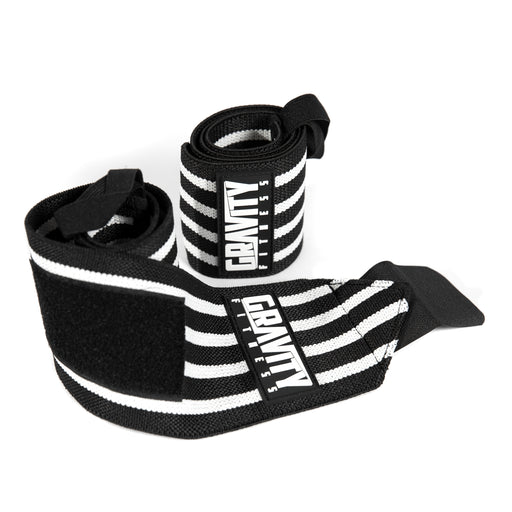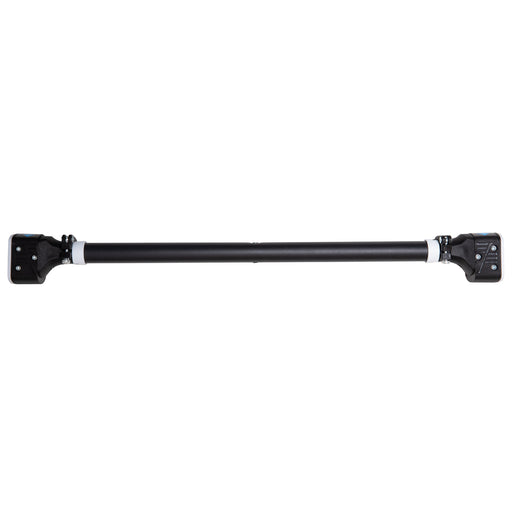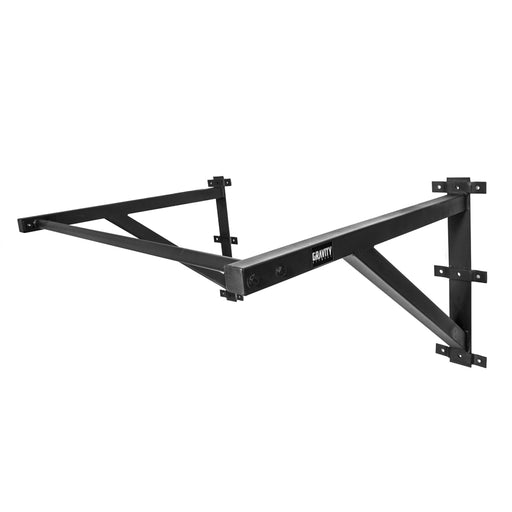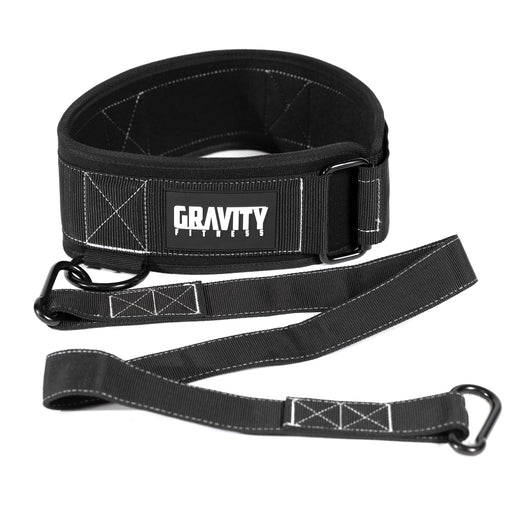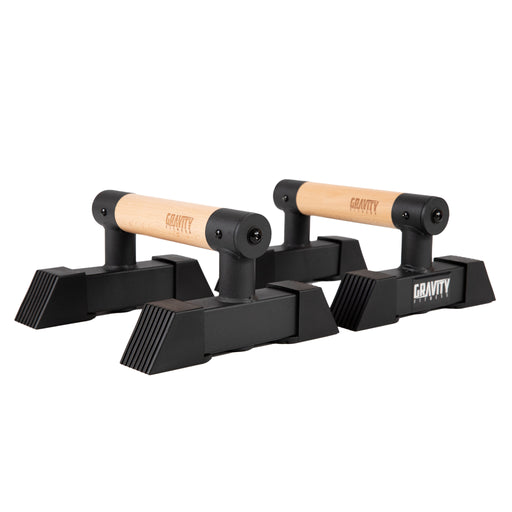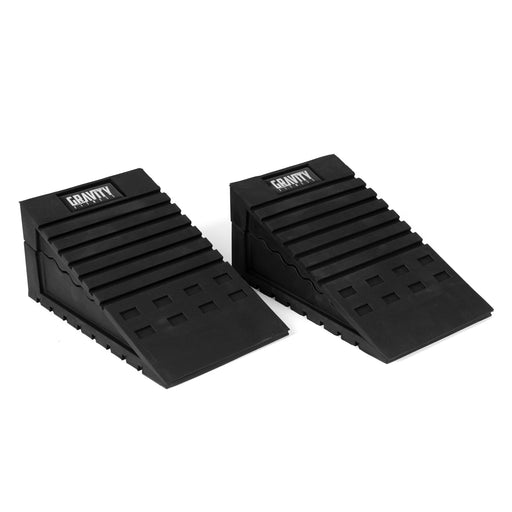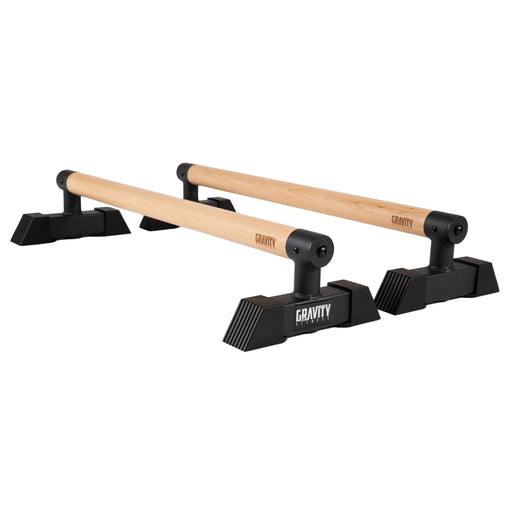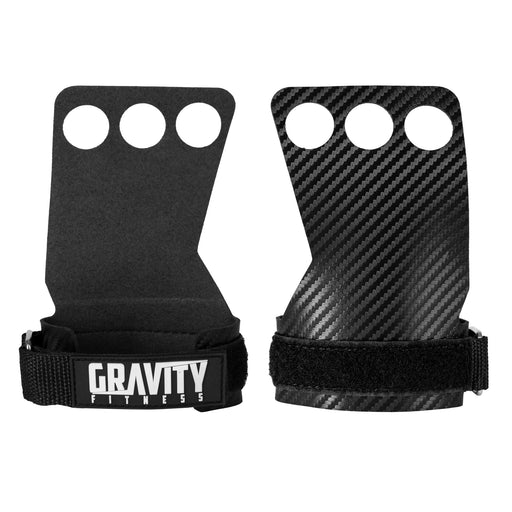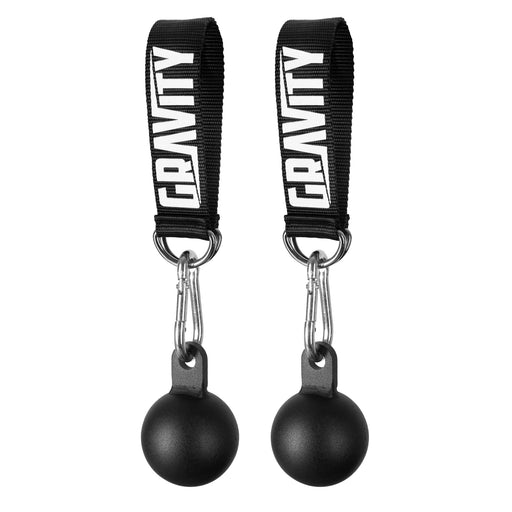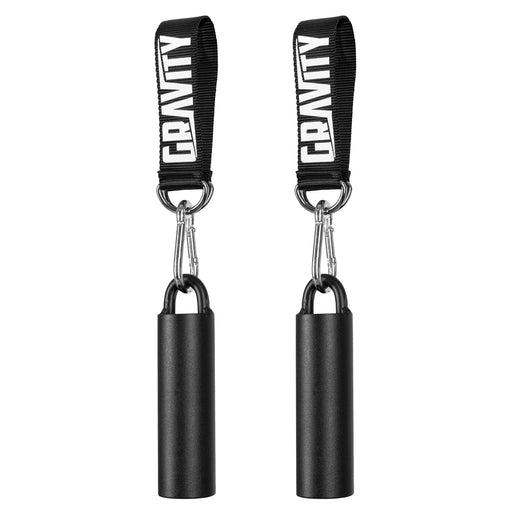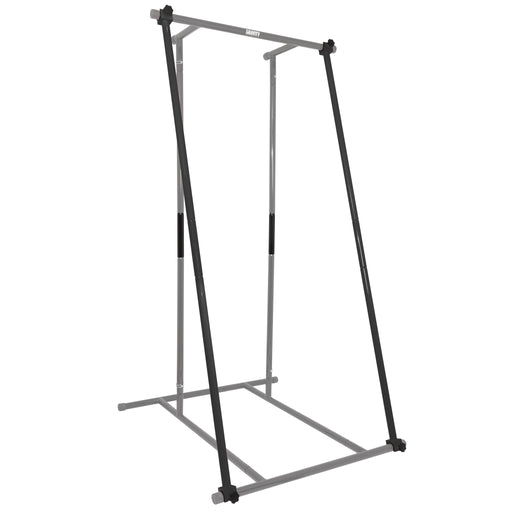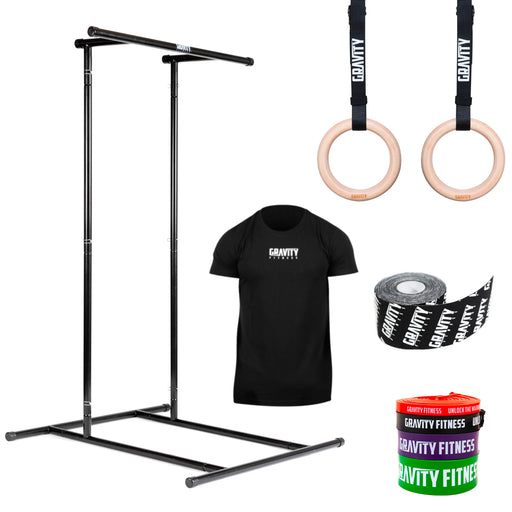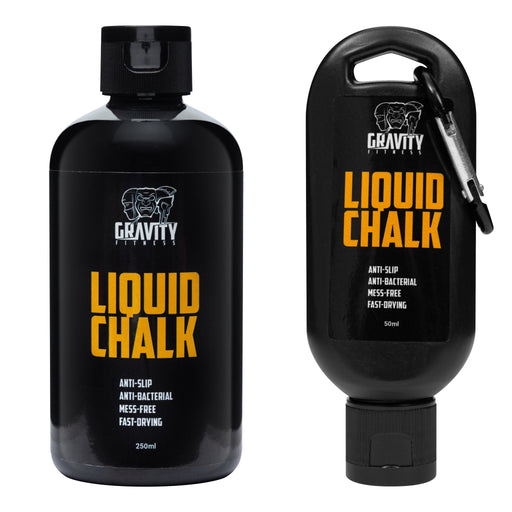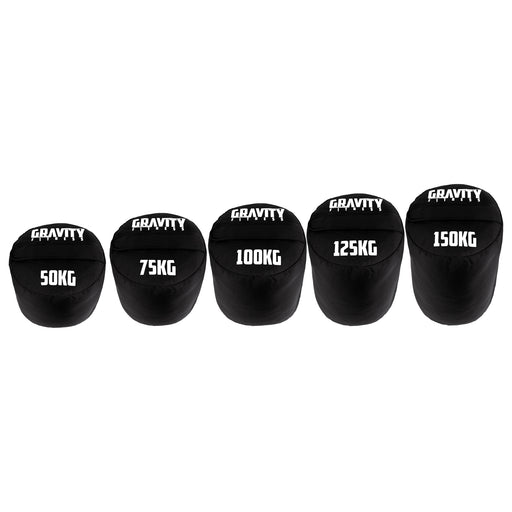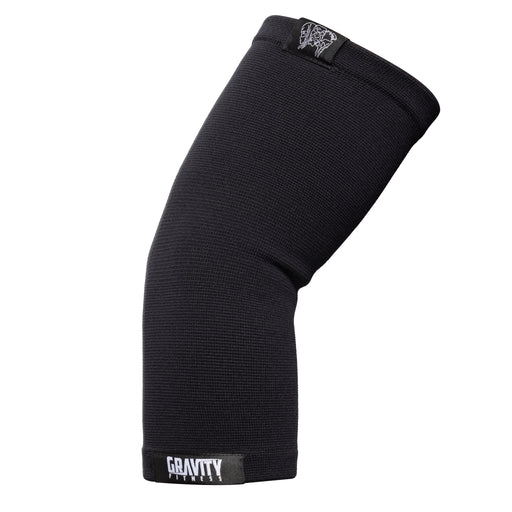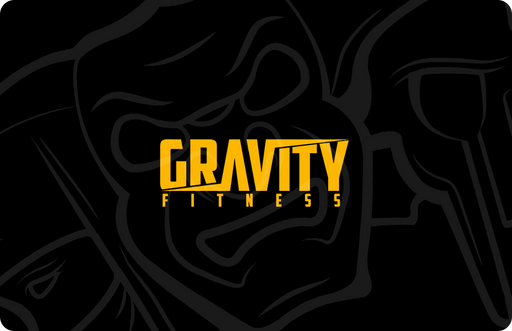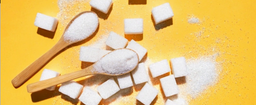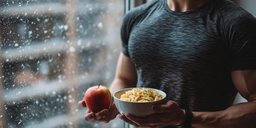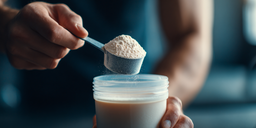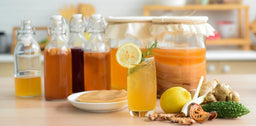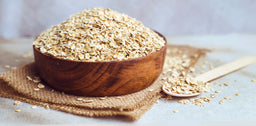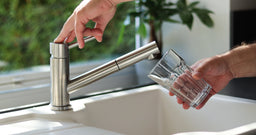
Do You Diet For Performance Or Aesthetics?
Do You Diet For Performance Or Aesthetics?
Why do you stick to a healthy eating plan? Is it for training performance, or for your physique? There’s nothing wrong with either goal. Here’s how to get it right.
How to eat for training performance
If you want your eating plan to focus on training or sports performance, you need to think about energy (calories) and digestion. Are you eating enough to fuel your workouts? Don’t forget that you’ll need more calories than a sedentary person simply because you train and carry more muscle.
Do your food choices agree with you? Are you leaving sufficient time between eating and training so you’re neither stuffed full nor hungry?
5 tips for performance-based diet
- Calculate your TDEE (total daily energy expenditure) so you know roughly how many calories to eat to support daily activity, training, and recovery
- Keep carbohydrates high (at least 35% of your total calories) and make sure your pre and post training meal is high in carbohydrates (1)
- Get most of your food from natural, unprocessed whole foods and save the high sugar foods for the peri-workout window
- Stay hydrated to support training performance, and remember you need to drink more than people who don’t train
- Find regular meals that support your digestion and energy levels (having a few go-to breakfast and lunch meals will save a lot of time)
How to diet for aesthetic goals
Dieting for a physique goal is also about calories, but you’ll need to walk that fine line between eating enough to fuel training, but staying in a calorie deficit. Macronutrients will matter here too, with protein taking on a key role as you strive to build and retain muscle as you drop body fat. Alongside all of that, you’ll need to make sure your eating plan supports intense training so you can change your physique through muscle gain.
5 tips for a physique goal diet
- Remember that you’ll need to eat in a calorie deficit to chip away at body fat whilst retaining muscle
- Find the best meal frequency to manage hunger and energy levels
- Keep protein moderate to high as this will help protect lean tissue as you lose body fat (2)
- Fill up on low-calorie high-volume foods like vegetables, potatoes, oats, low-fat dairy, salads, soups, and stir fries
- Steer clear of high fat and high sugar foods as these will take a huge chunk out of your dieting calories
The fundamentals of healthy eating
Your primary focus should be meeting your caloric goal (a calorie excess to gain weight or muscle, eating at calorie maintenance to maintain weight, or in a calorie deficit to lose weight or fat). If you’re not sure how many calories you should be eating, google TDEE to calculate your BMR and activity calories.
Macronutrients are less important but you should still make sure you get a good balance of carbohydrates (for energy), fats (for health and energy) and protein (for bone and muscle growth).
Meal timing doesn’t really matter, just make sure your meal frequency is convenient for your daily routine. Space your meals out enough so that you can digest your food, especially before training and before bed.
Try to eat the majority of your calories from natural, whole foods. Eat plenty of fruits, vegetables, root vegetables, pulses, beans, and wholegrains. Just remember that processed foods are likely to be higher calorie and less nutritious than wholefoods.
Can you diet for physique and performance goals?
Is it really possible to eat in a way that will get you leaner without sacrificing training performance? Trying to train whilst feeling hungry is no fun at all, but it’s disheartening to not get any leaner if that’s your goal.
The best way to eat for both goals at the same time is to keep a close eye on your calorie balance. You will get leaner in a calorie deficit, even if that deficit is minimal. So find the smallest calorie deficit you can sustain, focus on healthy wholefoods, and train hard. If you’re consistent and stay patient, the magic will happen!
1 https://www.ncbi.nlm.nih.gov/pmc/articles/PMC4540168/
2 https://www.ncbi.nlm.nih.gov/pmc/articles/PMC4033492/












